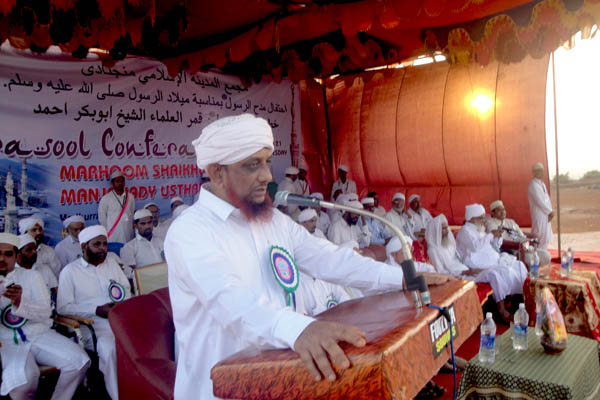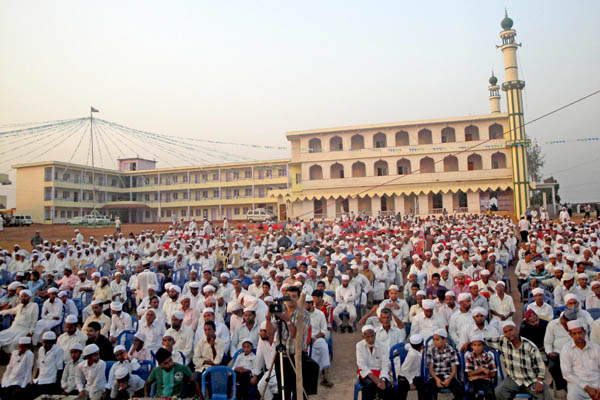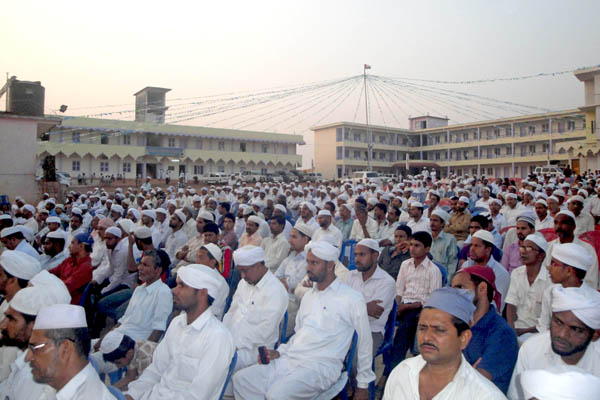It has been 33 years since the night of 22 May, 1987 when nearly 50 Muslim men from Hashimpura, a settlement in Meerut were rounded up and packed into the rear of a truck of the Provincial Armed Constabulary (PAC), an armed police of Uttar Pradesh. It was the blessed month of Ramadan and all the Muslims were fasting.
That night 42 of those on board the truck were killed in two massacres in neighbouring Ghaziabad district. One along the Upper Ganga canal near Muradnagar, the other along the Hindon canal in Makanpur, on the border with Delhi.
The cops had returned home after dumping the dead bodies into the canal. A few days later, the dead bodies were found floating in the canal and a case of murder was registered.
Vir Bahadur Singh was the chief minister of Uttar Pradesh and Rajiv Gandhi was the prime minister of India when this incident took place.
Not much has changed for the survivors and the relatives of the victims even today. The wounds are still fresh. Hashimpura remains devoid of basic municipal amenities, the erring silence on the narrow lanes of the locality amid the activities of a daily life speaks of the horror of the fateful day in 1987.
The massacre was the result of one among the many outcomes of the decision taken by the Rajiv Gandhi government to open the locks of Babri Masjid. After a month of rioting, the situation was tense in various parts of Meerut, and a lot spilled over in the nearby areas.

Timeline
May 22, 1987
Nearly 50 Muslims picked up by the PAC personnel from Hashimpura village in Meerut, Uttar Pradesh.
Victims later shot and bodies thrown into a canal. 42 persons declared dead.
1988
UP government orders CB-CID probe in the case.
February 1994
CB-CID submits inquiry report indicting over 60 PAC and police personnel of all ranks.
May 20, 1996
Charge sheet filed against 19 accused before Chief Judicial Magistrate, Ghaziabad by CB-CID of Uttar Pradesh police. 161 people listed as witnesses.
September 2002
Case transferred to Delhi by the Supreme Court on a petition by the families of victims and survivors.
July 2006
Delhi court frames charges of murder, attempt to murder, tampering with evidence and conspiracy under the IPC against 17 accused.
March 8, 2013
Trial court dismisses Subramanian Swamy's plea seeking probe into the alleged role of P Chidambaram, then Minister of State for Home, in the matter.
January 22, 2015
Trial court reserves judgement.
March 21, 2015
Court acquits 16 surviving accused giving them benefit of doubt regarding their identity.
May 18, 2015
Trial court decision challenged in the Delhi HC by the victims' families and eyewitnesses who survived the incident.
May 29, 2015
HC issues notice to the 16 PAC personnel on Uttar Pradesh government's appeal against the trial court verdict.
December 2015
National Human Rights Commission is impleaded in the matter. NHRC also seeks further probe into the massacre.
February 17, 2016
HC tags Swamy's appeal with the other petitions in the matter.
September 6, 2018
Delhi HC reserves verdict in the case.
October 31, 2018
Delhi HC convicts 16 former PAC personnel for life after finding them guilty of the murder of 42 people.









Comments
Add new comment